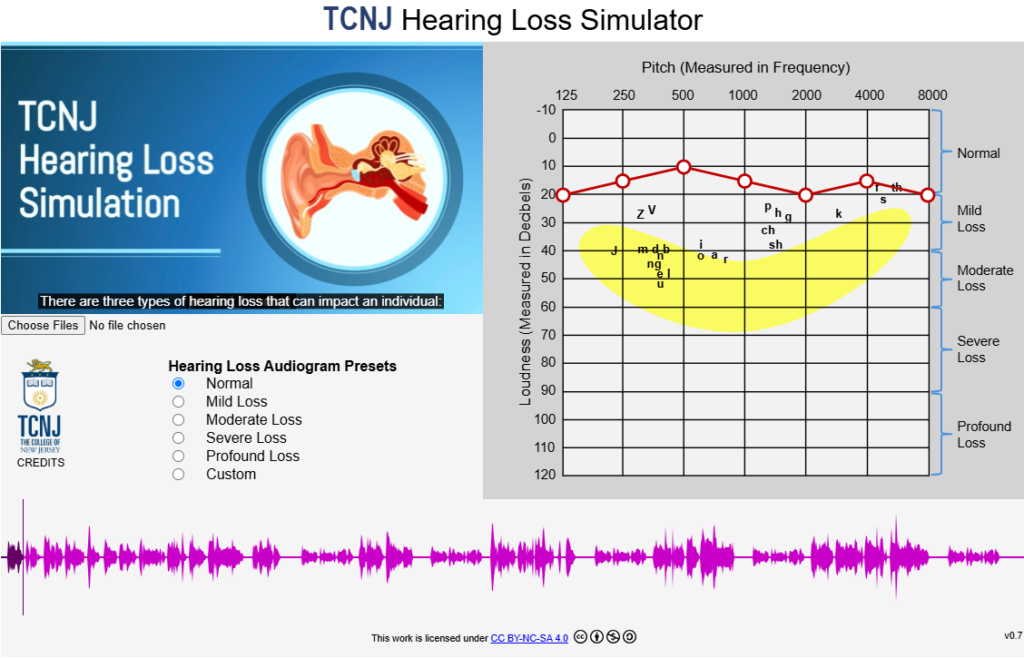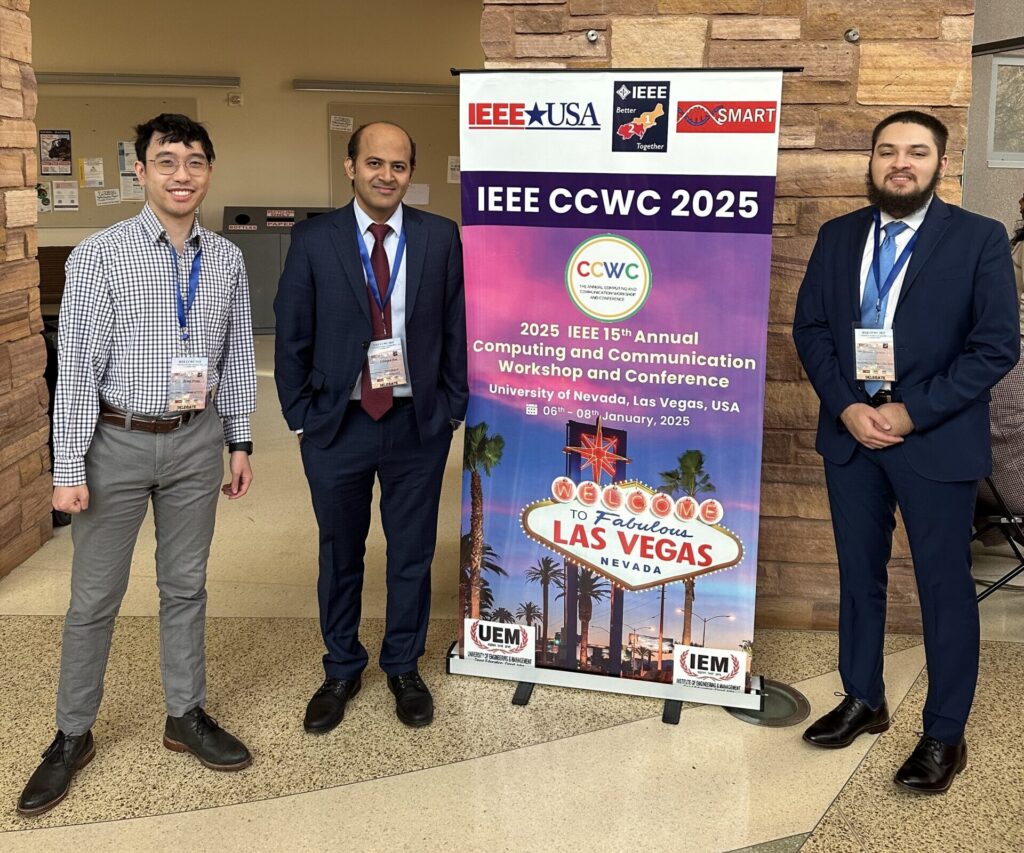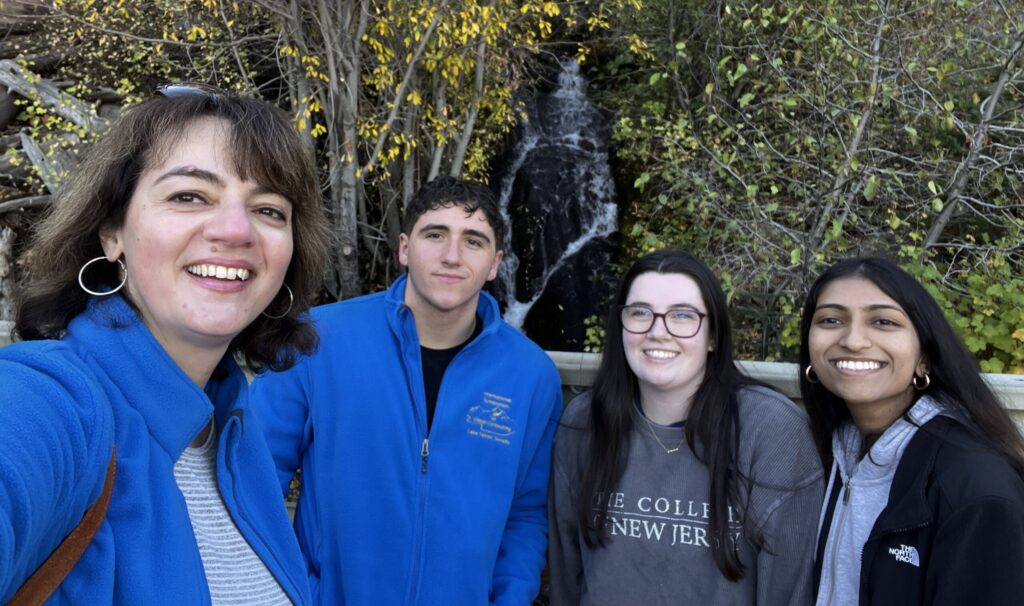Dr. Ilke Demir, an ACM Distinguished Speaker, will give a virtual colloquium presentation, titled “Embattling for a Deep Fake Dystopia” on Friday, October 4, from 12:30 – 1:30 PM, which will be streamed in Education 115 & 113.
See below for more information about our speaker.
Abstract: Recent advances in the democratization of AI have been enabling the widespread use of generative models, causing the exponential rise of fake content. Nudification of over 680,000 women by a social bot, impersonation scams worth millions of dollars, or spreading political misinformation through synthetic politicians are just the footfall of the deep fake dystopia.
As every technology is simultaneously built with its counterpart to neutralize it, this is the perfect time to fortify our eyes with deep fake detectors. Deep fakes depend on photorealism to disable our natural detectors: we cannot simply look at a video to decide if it is real. On the other hand, this realism is not preserved in physiological, biological, and physical signals of deep fakes, yet. In this talk, I will begin with presenting our renowned FakeCatcher, which detects synthetic content in portrait videos using heart beats, as a preventive solution for the emerging threat of deep fakes. Detectors blindly utilizing deep learning are not as effective in catching fake content, as generative models keep producing formidably realistic results. My key assertion follows that such signals hidden in portrait videos can be used as an implicit descriptor of authenticity, like a generalizable watermark of humans, because they are neither spatially nor temporally preserved in deep fakes. Building robust and accurate deep detectors by exhaustively analyzing heartbeats, PPG signals, eye vergence, and gaze movements of deep fake actors reinforce our perception of reality.
Moreover, we also innovate novel models to detect the source generator of any deep fake by exploiting its heart beats to unveil residuals of different generative models. Achieving leading results over both existing datasets and our recently introduced in-the-wild dataset justifies our approaches and pioneers a new dimension in deep fake research.
Speaker Bio: Dr. Ilke Demir’s research focuses on generative models for digitizing the real world, deep fake detection and generation techniques, analysis and synthesis approaches in geospatial machine learning, and computational geometry for synthesis and fabrication. Dr. Demir has contributed to several animated feature and VR/AR short films in Pixar Animation Studios and Intel Studios, respectively. She established the research foundations of the world’s largest volumetric capture studio at Intel, bridging the gap between the creative process and AI approaches. In addition to her publications in top-tier venues, she has organized workshops, competitions, and courses in deep learning, computer vision, and graphics such as DeepGlobe, SkelNetOn, WiCV, SUMO, DLGC, EarthVision, and OpenEDS, to name a few.
Dr. Demir has been actively involved in women in science organizations, always being an advocate for women and underrepresented minorities. Currently, she is a Senior Staff Research Scientist at Intel Corporation.

 CS Majors Co-Develop Web Applications for Speech-Language Pathology Program Website
CS Majors Co-Develop Web Applications for Speech-Language Pathology Program Website
